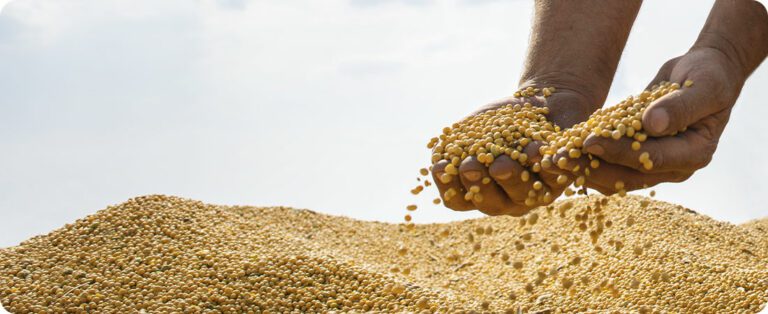
At the end of October, Argentina faced the first round of the 2024 presidential elections. With two candidates and a candidate with strong names to take the position, the decision on the seat will be left for the second round on November 19, led by the two candidates.
In the first round, Sergio Massa came out ahead in the votes against his opponent Javier Milei. Massa remains the favorite for the second round, even if the scenario is uncertain so far.
Many Argentines point out that the two candidates for the second round create a scenario very similar to Brazil in the October 2023 election between Lula and Bolsonaro, where two extreme positions face each other to govern the country for the next 4 years.
On one side, Javier Milei with a right-wing speech, supporting platforms similar to former presidents Jair Bolsonaro and Donald Trump, promising to end the traditional and populist political system that the current government established in Argentina.
On the other side, Sergio Massa, the country's current economy minister, who led the votes in the first round, with a speech closer to a center-left, but carries a pessimism due to a failed economic policy implemented by the current government, which worsened the country's inflation.
Post-second round perspectives
The price of commodities follows the international low of October, but what worries Argentine suppliers most is how the current situation of the dollar will be after the second round and what will be the new measures to stop not only product inflation, but also the inflow and outflow of the dollar, which has an impact on several negotiations in Argentina.
The second round tends to be a point of attention not only for a possible increase in the price of sunflower oil, as Argentina continues to be the largest producer and exporter in Latin America, but also for the flow of the product after the second round of elections.
Even the formation of strikes is planned in some strategic points of the country, which will end up making it difficult for the product to flow to the main ports, such as Rosario and Buenos Aires.
By: Júlia Vilela, broker at the Soft Oils unit












